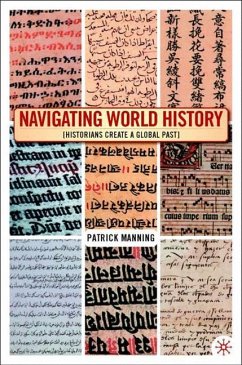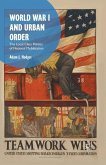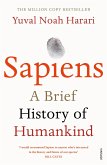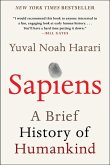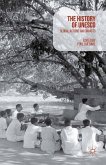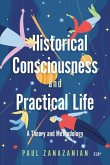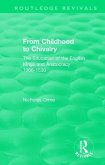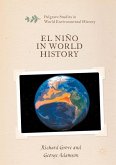World history has expanded dramatically in recent years, primarily as a teaching field, and increasingly as a research field. Growing numbers of teachers and Ph.Ds in history are required to teach the subject. They must be current on topics from human evolution to industrial development in Song-dynasty China to today's disease patterns - and then link these disparate topics into a coherent course. Numerous textbooks in print and in preparation summarize the field of world history at an introductory level. But good teaching also requires advanced training for teachers, and access to a stream of new research from scholars trained as world historians. In this book, Patrick Manning provides the first comprehensive overview of the academic field of world history. He reviews patterns of research and debate, and proposes guidelines for study by teachers and by researchers in world history.
Bitte wählen Sie Ihr Anliegen aus.
Rechnungen
Retourenschein anfordern
Bestellstatus
Storno

